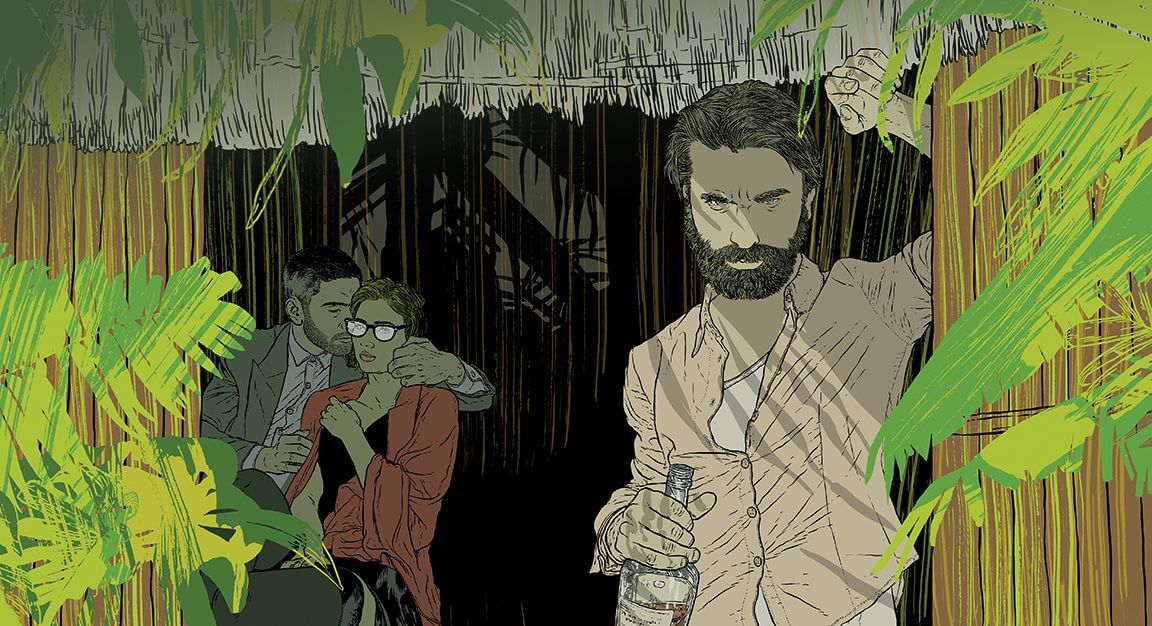How the misadventures of Margaret Mead, Reo Fortune, and Gregory Bateson shaped anthropology.
“A living room in Grantwood, N.J., has a good claim to being the birthplace, in the late 1920s and early 1930s, of a new science of humankind. Amid the demands of advising and fund-raising, the chair of the Columbia University anthropology department, Franz Boas, had decided to host regular Tuesday evening seminars at his suburban home. His students, passing plates of oatmeal cookies, were elaborating a way of seeing the world. They called it cultural relativity. Their essential finding was that societies did not come rank-ordered as civilized or primitive, moral or deviant. Each culture was only a sampling taken from the vast inventory of possible human beliefs and practices.”
